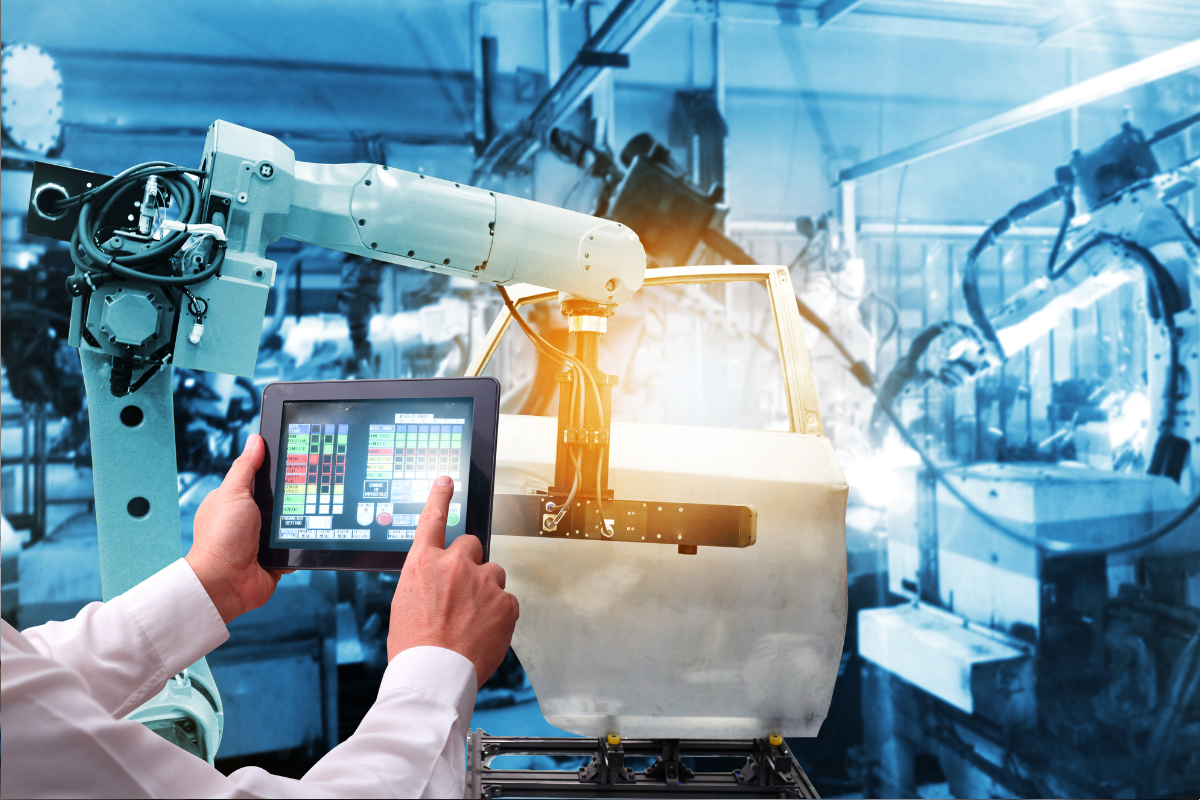Businesses worldwide realize that sustainability isn’t just good for the environment: it’s also great for the bottom line.
Not only can eco-friendly practices save businesses money in the long run, but they can also improve brand image and attract a new market of conscious consumers.
Integrating automation, particularly in social media marketing, is a part of this new wave of digital sustainability.
Simply put, nowadays, it is no longer a luxury to focus on sustainability. It is a necessity that has to be understood by every single business in all industries.
Post Contents
The Rise Of Conscious Consumerism
Today’s consumers are more informed than ever before. A 2020 survey by IBM revealed that nearly 70% of consumers in the US and Canada think it’s essential that a brand is sustainable or eco-friendly.
Automation in social media marketing can help businesses tap into this trend, delivering timely and relevant messages about their sustainable practices.
But, keep in mind that this would only work if the efforts of the company would also involve sustainability. Basically, you need to have something to promote if you are going to promote it.
Making Sustainability Profitable
Contrary to the traditional belief that sustainability and profitability are mutually exclusive, companies are now discovering the exact opposite.

In fact, incorporating sustainability into a business model can significantly increase profitability in several ways.
The first and most obvious is cost savings. Many sustainable practices involve reducing waste and increasing efficiency.
For example, companies that prioritize energy efficiency often see a significant decrease in utility costs.
A study by the Carbon Disclosure Project found that S&P 500 companies that build sustainability into their goals saw an 18% higher return on investment than those that didn’t. This trend is actually going upwards at the moment.
Secondly, sustainability often leads to innovation. By considering the environmental impact, companies are forced to think creatively about how they operate and produce goods.
That can lead to the development of new, more efficient ways of doing things, often saving companies money in the process.
Moreover, businesses that prioritize sustainability can also gain a competitive advantage. According to a Nielsen report, 66% of global consumers are willing to pay more for sustainable goods.
This consumer preference can translate into increased sales and profitability for businesses that market their sustainability efforts effectively.
Another often overlooked aspect is risk mitigation. Companies that fail to address sustainability may face regulatory fines, reputational damage, or supply chain disruptions.
On the other hand, those that proactively address sustainability issues are more likely to anticipate and manage potential risks, saving them money in the long run.
Eco-Friendly Marketing and Automation
Transparency and authenticity in marketing eco-friendly practices are vital. Content marketing, visual content, and particularly automation in social media marketing, can be effective tools.

Automated social media posts allow companies to consistently share their sustainability efforts, enhancing engagement without draining resources.
The entire process becomes faster and with the use of modern technology, every single step of the process can be improved.
You can also do this effectively through employee advocates, which often generate more visibility.
Andrew Davies – head of Global Digital Marketing – emphasizes the improved and sustained resonance when employee advocates share content, and it generates more engagements than corporate feeds. Click here to read more.
Looking Ahead: Sustainability As The New Normal
Innovation in sustainability, including utilizing automation in social media marketing, is essential for future business success.
Companies that embrace these practices are likely to enjoy long-term benefits. Sustainability is becoming a standard in business practices, with digital sustainability, including automation, playing a key role in this transformation.
Sustainability is no longer optional for businesses. By aligning profitability with sustainability and incorporating modern tools like automating social media posts, companies can contribute to a better world while achieving financial success.
The ‘green’ way is the profitable way, and in the age of digital transformation, automation is an essential part of this journey.
Companies that do not invest in sustainability will end up losing business in the long run. This is a risk that simply cannot be dismissed.
It is now paramount for most companies to look at the various automation options available and keep an eye on new technology capable of improving sustainability efforts in the future.
The revised title and content bridge the concepts of sustainability, profitability, and automation even in social media marketing.
This version connects the client’s focus on automating social media posts with broader trends in eco-friendly business practices and marketing strategies. It allows a full communication between departments with the main purpose of increasing profits.






























